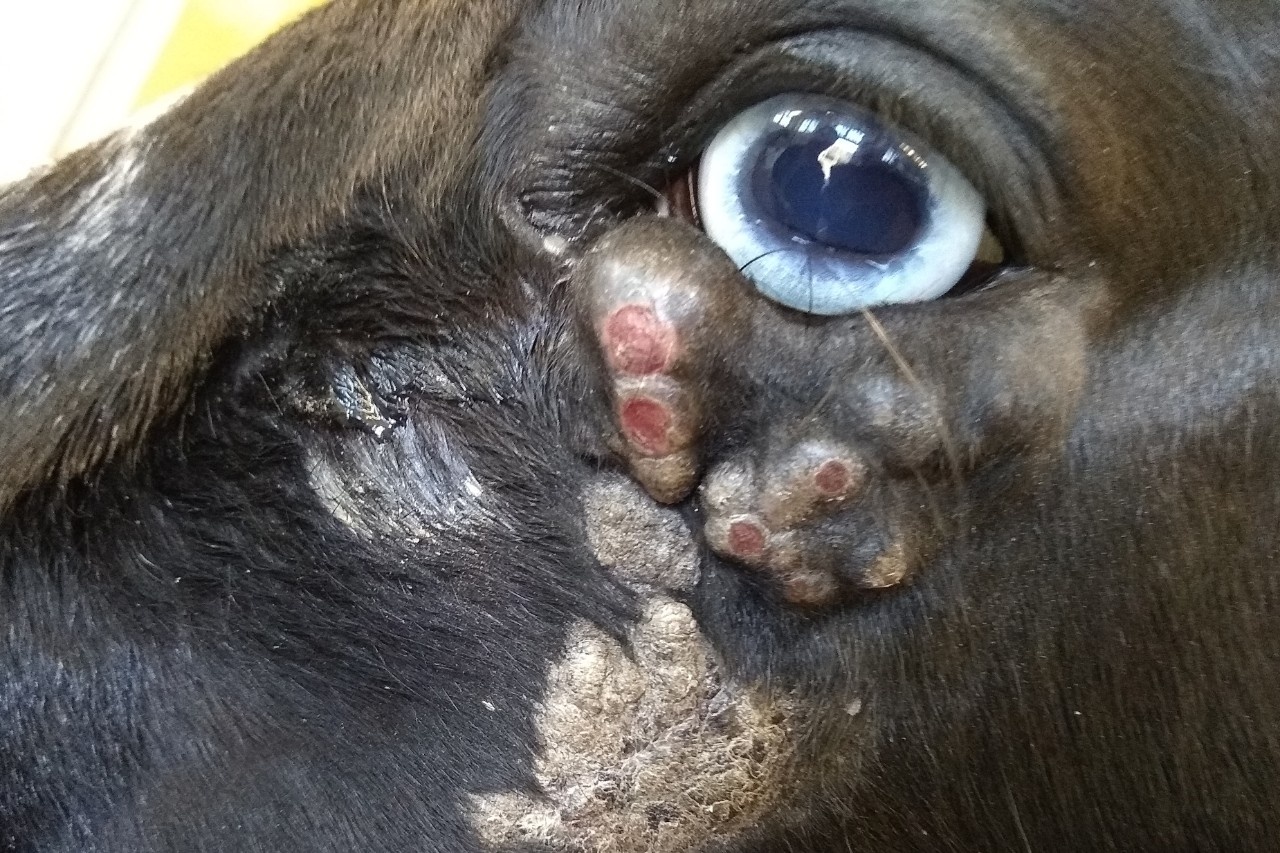
Effectively fight cancer
Viruses and cancerous growths have one thing in common: They both have the ability to trick or turn off the immune system in order to be able to spread undisturbed. However, cancers caused by a virus at least have the advantage that they can be defeated under certain conditions if the viral infection is treated. So when a papillomavirus infection goes unnoticed due to a deception of the immune system, it is a matter of directing the latter to recognize the infection and act against it.
But how could such an immunotherapeutic approach work? A team from the Oncology Research Group (RGO) at the Vetmeduni Equine Clinic also dealt with this question. On the basis of relevant experience and compelling previous data, RGO with BlueSky Immunotherapies They developed genetically attenuated influenza viruses that should be able to elicit a strong immune response against BPV.
After the modified influenza viruses were shown to be well tolerated and biosafety in horses in a preliminary study, it was decided to determine their therapeutic effect in a patient study. For this purpose, as of March 2019, 30 horses with mild (n = 3), moderate (n = 8) or hopeless severe sarcoidosis (n = 19) and proven BPV infection were treated with novel immunotherapy agents based on viremia. Influenza at the request of the owners. This was done by multiple injections into the tumor or a maximum of three tumors in horses with multiple sarcoidosis and subsequent regular monitoring of general condition and tumor size.
The first nine patients (eight severe, one case moderate) were injected three times in the first week with influenza A virus and three times in the second week with an influenza B virus construct. All horses were closely monitored during this time. Then they went home but continued to follow them to find out the size of the tumor. Of these nine horses, five initially responded unequivocally to treatment. This was demonstrated by continuous deflation injections and – attention! Noticeable even in uninjected sarcoidosis. Thus, the modified influenza viruses triggered a sarcoidosis-specific (local) and systemic (whole organism) immune response. The disease remained unchanged in the other four horses and could not be followed up in one animal.